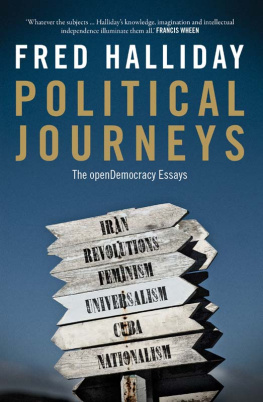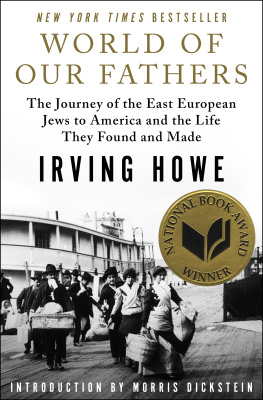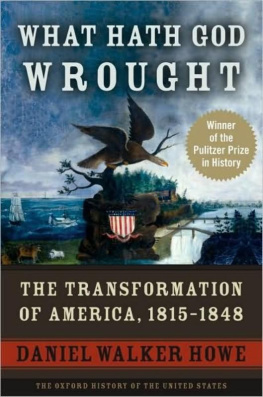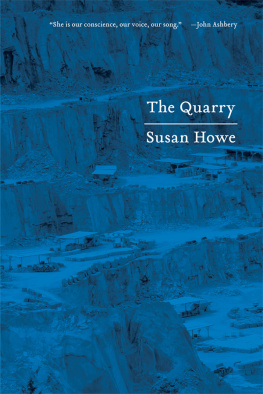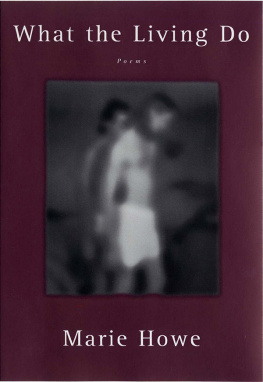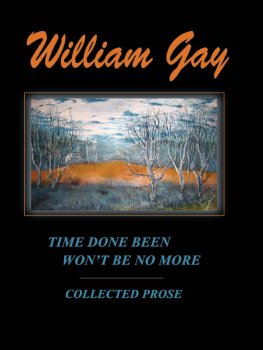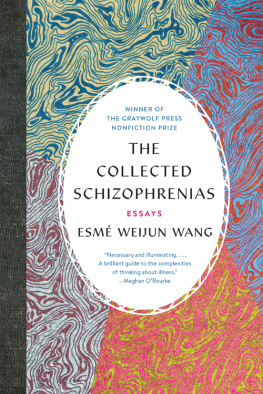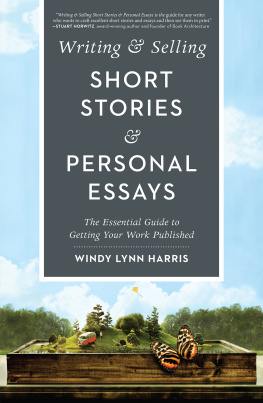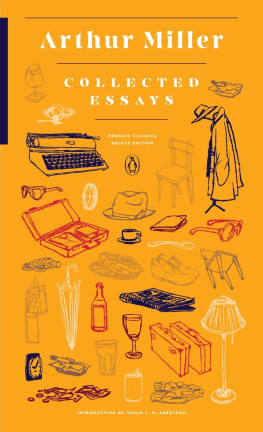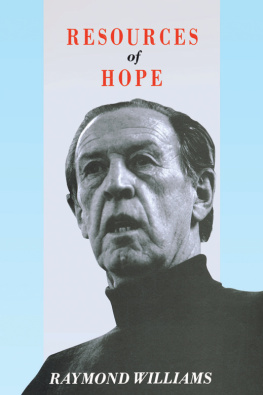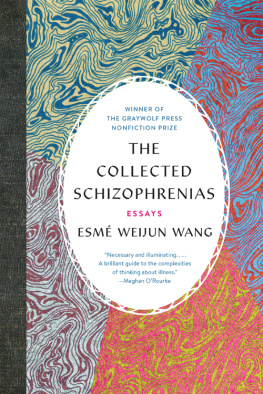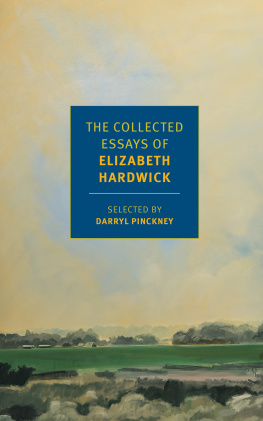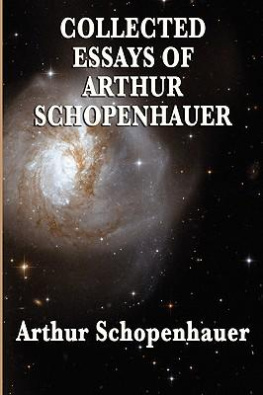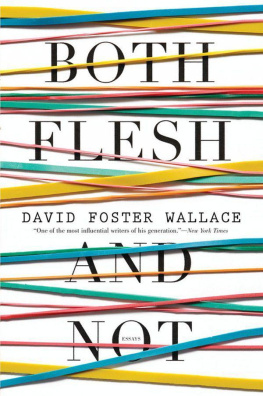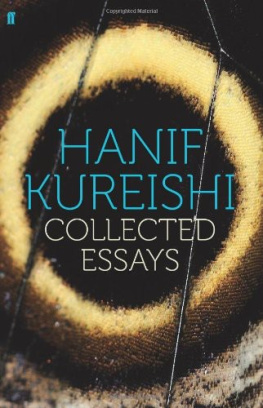Howe - Political Journeys : the openDemocracy Essays
Here you can read online Howe - Political Journeys : the openDemocracy Essays full text of the book (entire story) in english for free. Download pdf and epub, get meaning, cover and reviews about this ebook. City: New York, year: 2011, publisher: Saqi, genre: Politics. Description of the work, (preface) as well as reviews are available. Best literature library LitArk.com created for fans of good reading and offers a wide selection of genres:
Romance novel
Science fiction
Adventure
Detective
Science
History
Home and family
Prose
Art
Politics
Computer
Non-fiction
Religion
Business
Children
Humor
Choose a favorite category and find really read worthwhile books. Enjoy immersion in the world of imagination, feel the emotions of the characters or learn something new for yourself, make an fascinating discovery.
Political Journeys : the openDemocracy Essays: summary, description and annotation
We offer to read an annotation, description, summary or preface (depends on what the author of the book "Political Journeys : the openDemocracy Essays" wrote himself). If you haven't found the necessary information about the book — write in the comments, we will try to find it.
Abstract: Essays mixing the personal and political, originally written for openDemocracy.com, collected and published for the first time in book form
Political Journeys : the openDemocracy Essays — read online for free the complete book (whole text) full work
Below is the text of the book, divided by pages. System saving the place of the last page read, allows you to conveniently read the book "Political Journeys : the openDemocracy Essays" online for free, without having to search again every time where you left off. Put a bookmark, and you can go to the page where you finished reading at any time.
Font size:
Interval:
Bookmark:
JOURNEYS
This ebook edition published 2011
openDemocracy, 2011
A full CIP record for this book is available from the Library of Congress.
26 Westbourne Grove, London W2 5RH
www.saqibooks.com
by STEPHEN HOWE
The essays collected here, written for openDemocracy between the start of 2004 and the end of 2009, explore many of Fred Hallidays abiding preoccupations. He comes to them always with fresh knowledge and insights. They demonstrate how his range of interests, passions and enthusiasms continued always to broaden. And they delve into matters, like Hallidays intense sense of place and his diverse literary loves, which his previous writing for all its extraordinary range had rarely touched upon. Those who come new to him with the present collection will find an ideal introduction to his brilliance in all its diversity. Beginning here, at the last stage of his journey in politics and thought, they will one hopes be stimulated to go back to its start and to follow all the intervening twists and turns. There is something to be learnt from every phase in his travels, just as Halliday himself was always learning even as, simultaneously, he taught the rest of us so much.
In September 2005, in an essay republished here (Maxime Rodinson: In Praise of a Marginal Man), Halliday paid tribute to one of the writers who, for decades, he had most admired, the French Marxist Maxime Rodinson. Rodinson was, he suggested, not only the greatest of all French writers on the Middle East, arguably the greatest tout court, but an inspirational model of intellectual integrity in wider ways in his unceasing belief in universal values, in the need for intellectual aspiration beyond what one is actually capable of, and for an enduring, unyielding scepticism towards the values and myths of ones own community. He praised Rodinsons committed secularism, his lifelong refusal to indulge the iconic claims of identity, community or tradition, as well as the remarkable breadth of his knowledge and sympathies, and the unrelenting rigour of his scholarship. Halliday could, had he been a less modest man, have been writing about himself. The qualities he praised in Rodinson were those he himself possessed, perhaps in greater measure than any other writer of his generation or any other commentator on Middle East or wider international affairs.
Hallidays academic specialism, the field in which he taught and held his professorships, was International Relations. IR is sometimes seen by critics as a rather self-enclosing scholarly ghetto, not to mention being in the main an ideologically conservative one. Hallidays relation to it was thus always and inevitably a healthily sceptical and critical one; his position consciously that of an inside-outsider. Yet his contribution to it was huge. If the academic IR mainstream often seemed to emphasise, even fetishise, continuity proclaiming the undying relevance of seventeenth-century and earlier thinkers like Hobbes, Grotius or Machiavelli Hallidays great enthusiasm was for exploring radical change.
If the dominant current in North Atlantic IR theory, that rather question-beggingly dubbed realism, appeared to think that states were the only important actors in the global system, Halliday always recognised the significance both of supra-state economic and political structures (here the lessons learnt from Marxist thought remained productively present in his work) and of sub-state or non-state actors, especially social movements including, crucially, those fighting for womens rights.
He thus brought to bear an understanding both of structure and of agency especially that of people and movements in the Global South far richer and more complex than that available to many IR specialists. He intervened both sharply and thoughtfully in the heated debates over method and approach that marked the study of IR, after the end of the Cold War had seemingly made many of the disciplines old assumptions obsolete. But equally, he had suitably little patience with the claims, both vague and hubristic, advanced by some in IR as elsewhere that everything had suddenly changed beyond recognition, all older theories and methods been made redundant. Such claims, usually loosely labelled postmodernist (does anyone still remember postmodernism?), were the objects of some of Hallidays most vigorous and frankly impatient negative polemics. Echoes of these can be found in this book, as can salutary doses of the irreverence, even mockery, he rightly brought to bear on so many received ideas about global politics and on the pomposities and the dishonesties of the powerful as in the essays The Worlds Twelve Worst Ideas and The Attorney General Comes to Town.
Ever since the 1970s, Halliday brought together, both imaginatively and systematically, the EastWest and NorthSouth conflicts that have shaped our world, in a way which almost no other contemporary commentator from the Left or Right has done. He always saw the Cold War as involving a genuine and profound clash of ideologies and social systems, and as having a huge, abiding legacy. (He explores one facet of this in Cold War Assassinations: Solved and Unsolved, included here.) But the global picture, and the possibilities for illuminating transnational comparison to which he was always so alert this collection includes many brilliant examples of that never obscured for him a keen recognition of the distinctiveness and importance of particular places, of local conflicts and loyalties. His Irish childhood, where travelling just a few miles from his hometown of Dundalk took one not just across an international frontier but into utterly different, often antagonistic, cultural and political worlds, no doubt taught him that at an early age. (See the very first essay here, Lessons from Ireland.) Subsequently, and helped by his astonishing flair for languages, he had an almost uncanny ability to catch the political atmosphere of diverse places and spaces; one articulated in the many wonderful political travel reports collected here, as in so much of his earlier writing read his tales from Cuba and Yemen, from Madrid, New York, Beirut, Jerusalem, and perhaps above all, those from Tehran.
And his sharp eye for change did not mean that either of the twin concepts so massively shaping Hallidays earlier work, imperialism and revolution, had lost their relevance in the twenty-first century. He insisted on the continuing pertinence of imperialism. Sketching the history of radical thought on imperialism, he argued that it encompassed five broad themes: the inexorable expansion of capitalism as a socio-economic system on a world scale; the inevitably competitive, expansionist and warlike character of capitalist states; the global reproduction of socio-economic inequalities; the creation, also on a world scale, of inequities, which were not only economic, but also social, political, legal and cultural; and that through the very process of capitalist expansion, movements of anti-imperialist resistance would inevitably be generated.
Font size:
Interval:
Bookmark:
Similar books «Political Journeys : the openDemocracy Essays»
Look at similar books to Political Journeys : the openDemocracy Essays. We have selected literature similar in name and meaning in the hope of providing readers with more options to find new, interesting, not yet read works.
Discussion, reviews of the book Political Journeys : the openDemocracy Essays and just readers' own opinions. Leave your comments, write what you think about the work, its meaning or the main characters. Specify what exactly you liked and what you didn't like, and why you think so.

